US Treasury Secretary Steven Mnuchin and Trade Representative Robert Lighthizer will be in Beijing on Tuesday to start another round of trade talks with China. Ahead of that, Mnuchin was quoted saying “we’re getting into the final laps.” He also noted, “both sides have a desire to reach an agreement,” and “we’ve made a lot of progress.” Trump also said late week Chinese President Xi Jinping will come to the White House “soon” to seal the trade deal, without giving any details as usual.
But it’s also reported that significant differences remain, including in the area of intellectual property theft. In a UTRS report published last week, it’s criticized that “despite a broad government reorganization, including of intellectual-property responsibilities among government agencies, and proposed revisions to IP laws and regulations, China failed to make fundamental structural changes to strengthen IP protection and enforcement, open China’s market to foreign investment, allow the market a decisive role in allocating resources, and refrain from government interference in private sector technology transfer decisions.”
On Sunday, China hit back and denied the claims typically. National Intellectual Property Administration (NIPA) Director Shen Changyu said that over 5,600 people in some 3,300 cases were arrested for intellectual property rights infringement in 2018. Shen added, “Some countries’ criticisms of China’s IP protection lack evidence and are non-specific.” And, “China has some problems and we are stepping up efforts to fix them. But meanwhile, IP infringement is a global problem that exists in every country”. “Every country should try to improve their business environment and fix their problems, instead of window dressing themselves,”
According to a USTR statement, this week’s meeting will cover issues including intellectual property, forced technology transfer, non-tariff barriers, agriculture, services, purchases, and enforcement. Chinese Vice Premier Liu He will lead a delegation to Washington for additional discussions starting on May 8.


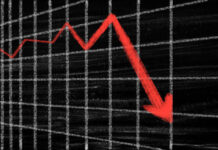

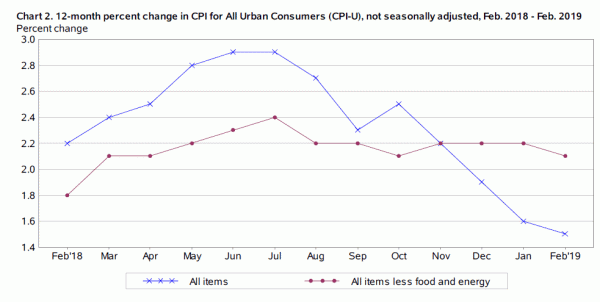

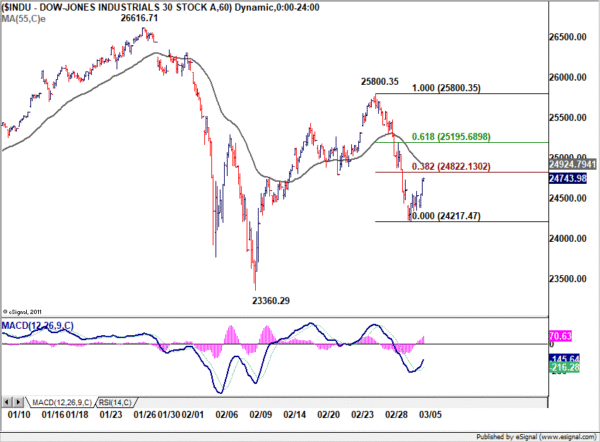
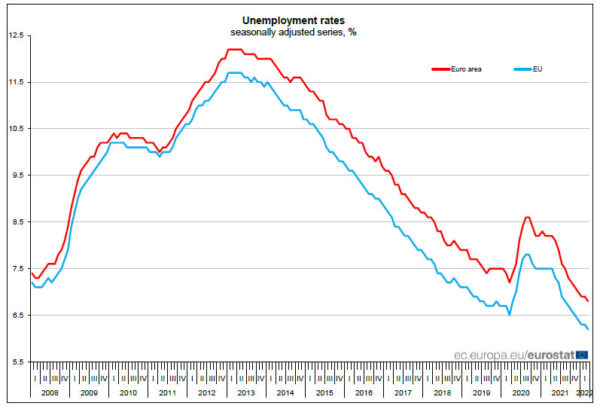
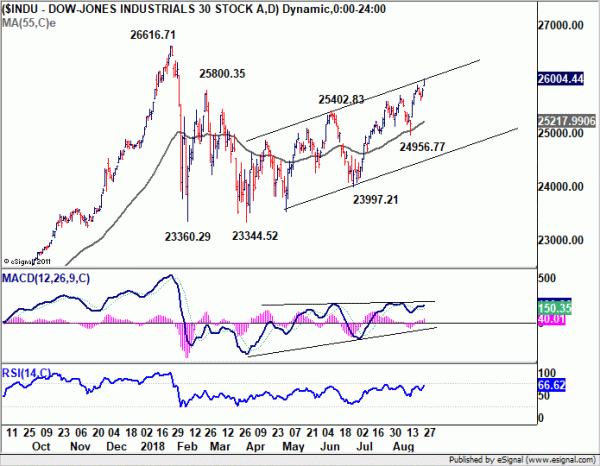

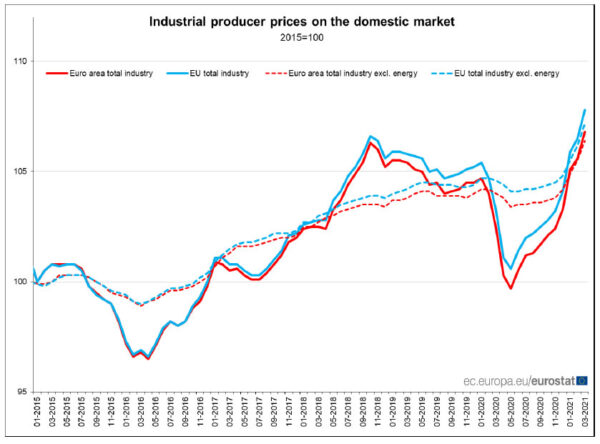

Japan cabinet office stresses importance of avoiding relapse into deflation
Japan cabinet office stresses importance of avoiding relapse into deflation Japan’s Cabinet Office emphasized, at a meeting of the government’s economic council, the need for stability and sustainability in these positive signs to ensure that Japan does not fall back into a deflationary spiral. They stated, “While there have been some positive signs in recent data, we must ensure they are stable and sustainable so that Japan won’t revert to deflation.”
In a separate discussion involving academics and private-sector experts, some participants called for BoJ to end quantitative easing once inflation stabilizes around its 2% target. Meanwhile, some participants suggested BoJ should mull over altering its extraordinary stimulus measures if inflation and wages continue their upward trajectory.
Prime Minister Fumio Kishida emphasized the need for a coordinated approach between the government and the BoJ amidst the growing uncertainty surrounding the economic outlook. He said, “We’re aiming to pull Japan out of deflation and achieve sustained, private demand-driven economic growth” by influencing public perceptions that growth and inflation will continue to rise.